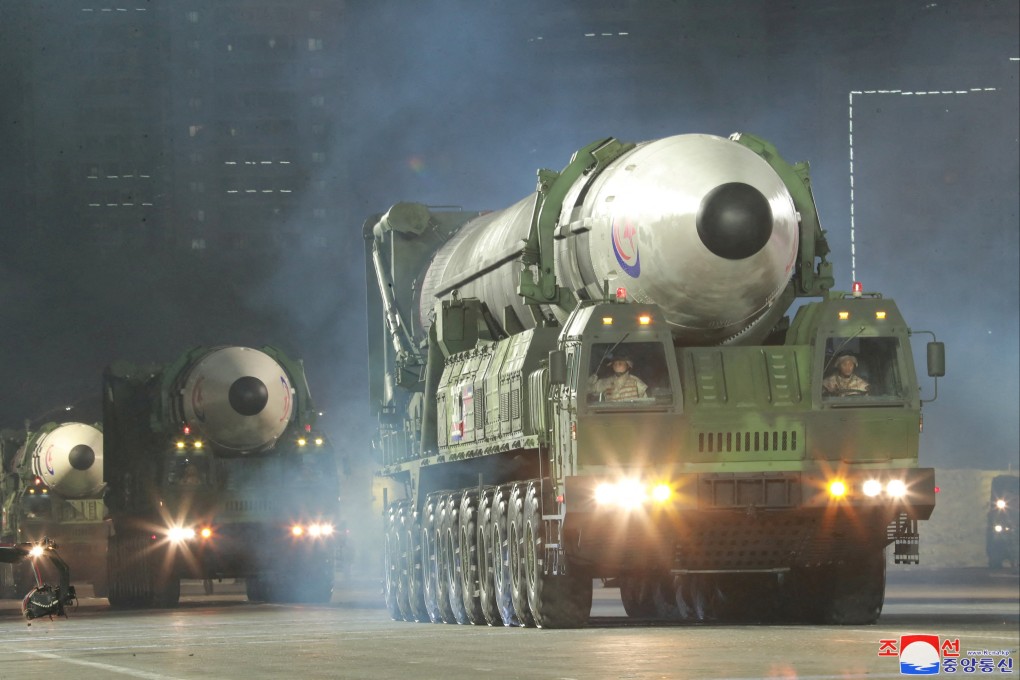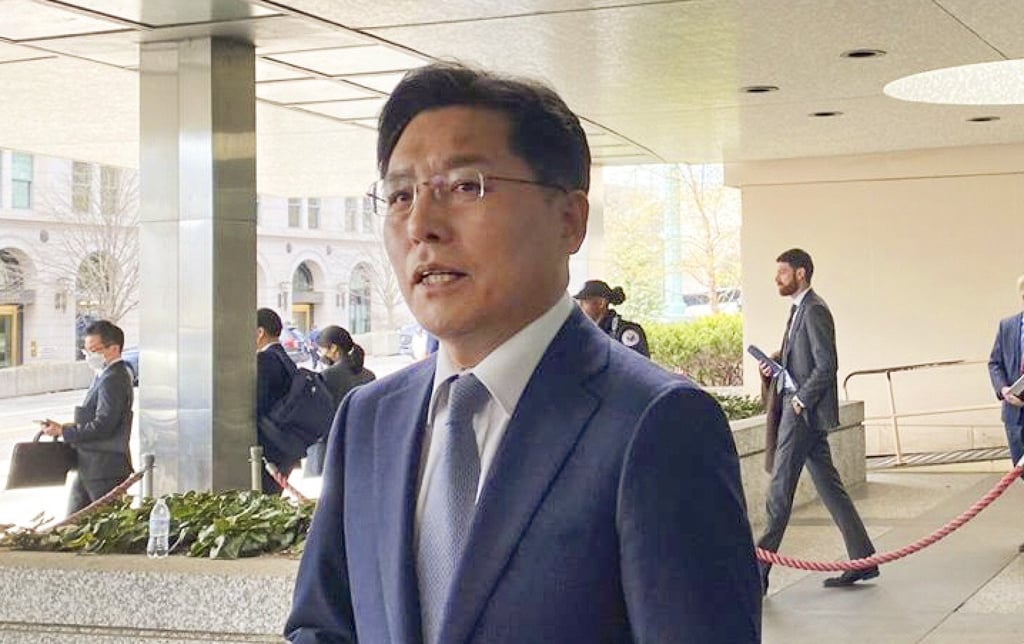Advertisement
North Korea’s ‘possible’ nuclear missile test in focus as China envoy visits Seoul
- China’s Liu Xiaoming met counterpart Noh Kyu-duk to assess the ‘grave’ situation on the Korean peninsula and discuss ways to foster stability
- Pyongyang’s upcoming test, its seventh since 2006, could involve warheads it deems will give it an upper hand in conflict involving Western powers, analyst says
Reading Time:4 minutes
Why you can trust SCMP
6

North Korea’s supposed plans to stage its first nuclear test since 2017 and the after-effects of such action are in focus this week following talks between South Korean officials and China’s new special envoy for the Korean peninsula, analysts said.
Liu Xiaoming, Special Representative of the Chinese Government on Korean Peninsula Affairs, on Tuesday held talks with his South Korean counterpart, Noh Kyu-duk, in Seoul.
In the meeting, Liu said Beijing was committed to playing a constructive role in resolving North Korea’s nuclear issue, according to South Korea’s foreign ministry.
Advertisement
Noh expressed concerns over the North’s recent missile tests and activities to restore its Punggye-ri nuclear test site, and asked Beijing to play a role to bring Pyongyang back to dialogue, the ministry said.
“The two sides agreed to continue close strategic communication between South Korea and China over Korean peninsula issues,” the ministry said in a press release.

Liu, previously China’s high-profile envoy to Britain, is also expected to meet officials from the incoming administration of President-elect Yoon Suk-yeol.
Advertisement
Advertisement
Select Voice
Select Speed
1.00x